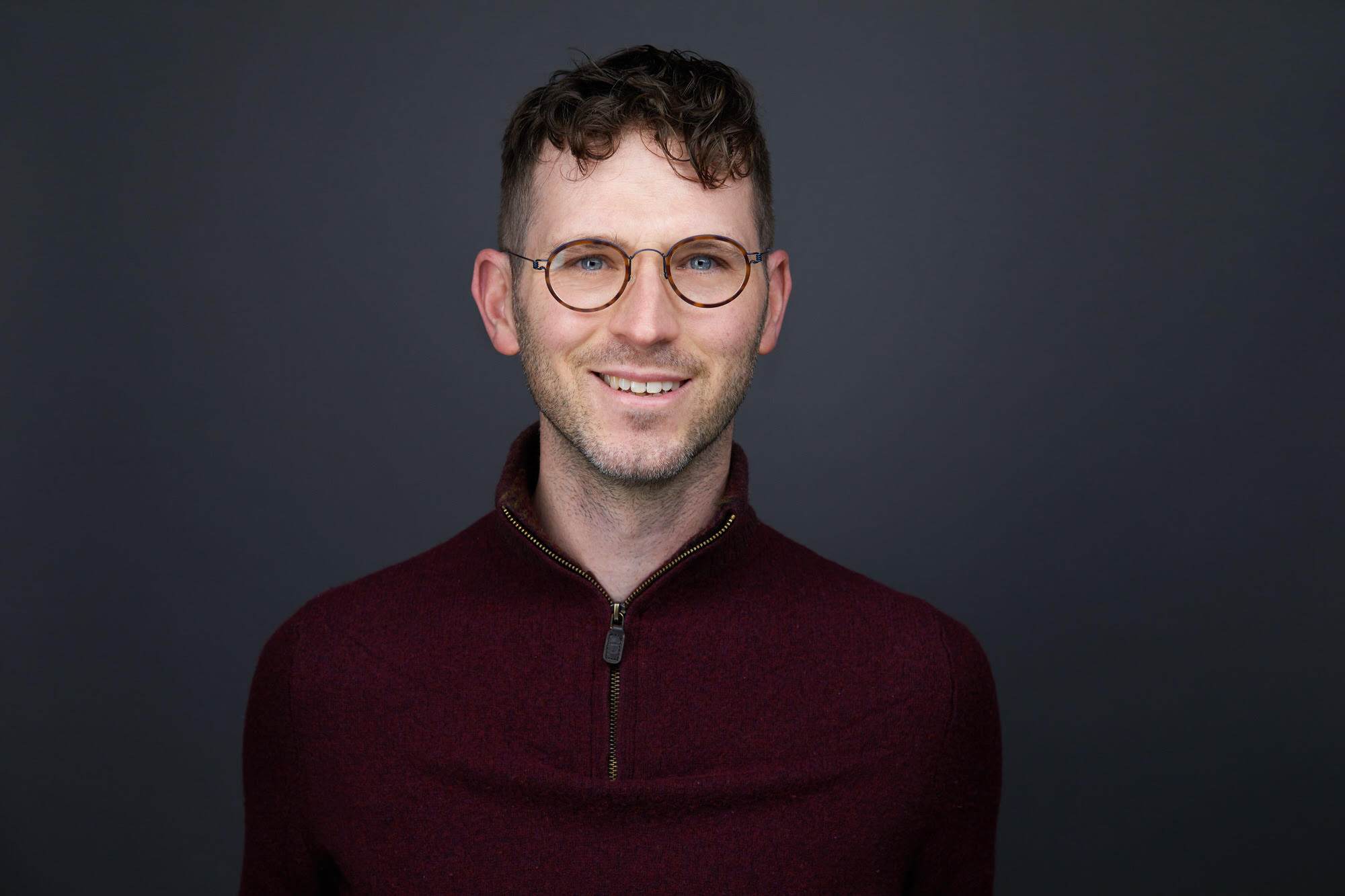Research
Meet the researcher: Keith Fenrich
01 June 2022

Keith Fenrich, assistant professor in the University of Alberta’s Faculty of Rehabilitation Medicine. Photo supplied.
Fenrich is a U of A alumnus, having received a BSc with specialization in pharmacology in 2003. He received his PhD in physiology from Queen’s University in 2009, after which he did postdoctoral fellowships at the Developmental Biology Institute of Marseille (France) from 2010 to 2013 and the U of A from 2013 to 2017.
To get to know Fenrich a little better, we reached out and asked him the following questions:
How did you get into your current field of research?
By chance really. I’ve been doing pre-clinical spinal cord injury research since my pharmacology undergrad. A good friend of mine was working in a neuroscience lab and told me I had to come see the work they were doing because it was just amazing. So I went, and I got to see my first real experiment and thought, “Yup, that’s pretty cool; I want to do that.”
So I actually hooked up with a different spinal cord injury lab, next to where my friend was working, and that’s how I got started in research. After I was totally hooked on research, I started to actually ‘plan’ my future and figured I was really interested in repairing the injured spinal cord, and how neurons respond to injury.
I went to Queen’s University for my PhD, where I studied axonal regeneration after spinal cord injury. Next, I wanted to see how neurons respond to injury in real time, so I did a postdoc in France, where I developed methods to see neurons regrowing in real time.
What’s the most rewarding thing about your research?
Developing the tools that allow us to do research that we otherwise couldn’t do. For example, for a lot of my research we want to know how the intensity, duration and amount of rehabilitative motor training affects recovery in skilled motor tasks after spinal cord injury. To manually train and test animals in this task is really time consuming and tedious, and delivering large amounts of high-intensity training is almost impossible for us to do by hand, so nobody had an efficient way to answer questions about high-intensity training.
So I developed some robots to train animals in the task. The first versions were pretty low-tech with a lot of tape and random stuff I found around the lab — kind of like something MacGyver would make. But it worked! We’ve been updating and using these and other automated training devices ever since.
What’s the most challenging aspect of your work?
For me, the hardest part of the work is getting the first draft of anything — of a paper or a grant — just getting it down on paper, and then trying to get all the ideas in one place in one go is the hard part. Revising it, working with it, making it better over days and weeks is a lot easier and rewarding.
Where do you want your research to be in five years?
I’d like to be taking more advantage of the methods and tools that I’ve been developing over the past few years. Many of these tools are to improve the throughput of my research and to answer questions that we couldn’t otherwise answer. I think that within the next few years, these tools are going to really take off, and I’m hoping that within five years, I can answer specific questions other labs can’t and do it really efficiently.
What’s the No.1 piece of advice you’d give your grad students?
For most I would recommend working with others who are outside of your immediate project. In addition to being an expert in your field, getting a broad skill set is more appealing to academic research labs and industry.
I would also recommend all students sit down with their supervisor and have regular chats about where they’re at in their studies and research, what they want to do with their career, and figure out how they can structure their studies and research projects to achieve their career goals.
If you could try any profession other than your own, what would it be?
I would probably be some sort of engineer, either mechanical or electrical. Having said that though, I’m not good enough in advanced mathematics to become an engineer.
Right now I have a great balance in my career, because I get to do a lot of neurophysiology and neuroscience research, which is really rewarding, but I also get to design and develop robotics and other devices to facilitate research, which is a lot of fun.